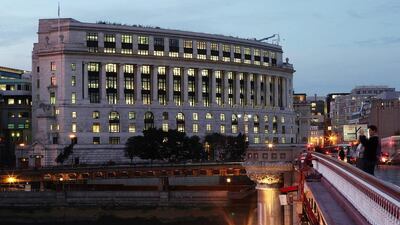The UAE is known for its investment prowess. A significant component of the country’s economic strength is based on the savvy investments using hydrocarbon revenue that have been made over the decades. Given this connotation, encouraging foreign direct investment (FDI) at home might seem strange.
Why would a country known for investing elsewhere want to invite outside investment? Why not reverse capital trends and keep the cash on familiar shores? The problem is that we don’t take into account the fact that FDI is about much more than capital expenditure. With cash investment comes expertise that can provide the spark of a manufacturing boom; and that is appealing for a country such as the UAE.
Given the recent growth of emerging markets in Africa and Asia fuelled in part by FDI, we generally don’t associate it with established economies. However, any size of economy – even one as large as the United States, for example – can benefit from the expertise, manpower and knowledge that comes with investment.
Unilever’s decision to open a Dh1 billion consumer goods factory in Dubai is a case in point. The British-Dutch company sees Dubai as a natural gateway to expanding markets in Africa and South Asia and will start exporting goods such as Dove soap and Vaseline with a “Made in the UAE” label. This capital investment will be a boost to the UAE’s diversification plans. But it also brings other indirect benefits, such as the development of suppliers to support its manufacturing.
Now, while making soaps and such might not seem cutting edge, the automation that it entails will require expertise and know-how to maintain. So that’s a start. Elsewhere, inward investments in cutting edge industries, such as financial technology, bring new skills and expertise. Again, these nascent industries need to be supported by yet more companies, either new or existing. And the point is that it creates new demands and widens the scope of the economy further. An entire sub-ecosystem of economic activity is built up with FDI.
Finally, foreign investment in new industries will ensure that the investments that we make ourselves with our own dirham stretches the power of our currency – through new efficiencies and productivity that FDI encourages. Every country benefits from FDI.

